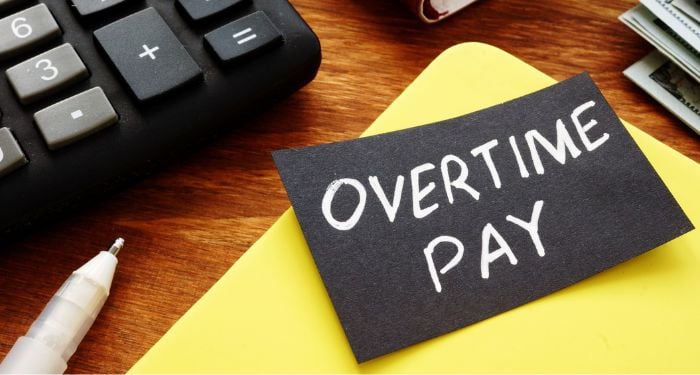The Importance of Internal Controls in Every Organization
Key Takeaways
- Essential for All Organizations: Internal controls are critical for protecting assets, maintaining trust, and ensuring long-term success – regardless of size or industry.
- Framework for Effectiveness: The COSO framework outlines five key components: control environment, risk assessment, control activities, information & communication, and monitoring activities.
- Fraud Prevention & Reliable Reporting: Controls reduce fraud risk, safeguard assets, and ensure accurate, trustworthy financial and operational information.
- Efficiency & Compliance: Strong controls streamline operations, clarify responsibilities, and support compliance with laws and regulations.
- Risk & Confidence: Internal controls strengthen risk management and build stakeholder confidence, enhancing reputation and market position.
In today’s dynamic and high-risk business environment, internal controls are no longer just a compliance requirement – they are a strategic necessity. Internal controls are relevant and necessary no matter the organization. Whether an organization is a multinational corporation, a nonprofit, or a small business, internal controls are essential for protecting assets, maintaining trust, and achieving long-term success through operational efficiency and financial integrity.
What Are Internal Controls?
Internal controls are the policies, procedures, and systems put in place to help an organization operate efficiently and effectively, produce reliable financial and operational information, comply with laws, regulations, and internal policies, and safeguard assets against loss, fraud, and misuse.
The COSO framework breaks internal controls into five main components:
- Control Environment – code of ethics, management support, clear reporting lines
- Risk Assessment – regular cybersecurity assessments, supply chain reviews, or fraud exposure reviews
- Control Activities – approval processes, segregation of duties, reconciliations, inventory counts
- Information and Communication – reporting, staff training, whistleblower hotlines
- Monitoring Activities – internal audits, management reviews, operational/performance metrics
Why Are Internal Controls Important?
Preventing Fraud and Protecting Assets
One of the primary functions of internal controls is to reduce the risk of fraud and theft. By separating duties, requiring approvals, and limiting access, organizations reduce opportunities for misconduct. This helps protect both physical and financial assets from loss or abuse. This can affect any organization no matter the size.
Ensuring Accurate and Reliable Reporting
Internal controls help ensure the accuracy and integrity of financial and operational data. This is critical for internal decision-making, external reporting, and compliance with laws such as the Sarbanes-Oxley Act (SOX). Reliable reporting builds stakeholder trust and supports strategic planning.
Promoting Operational Efficiency
Well-designed controls don’t just prevent problems – they also help streamline processes and clarify responsibilities. This improves efficiency, reduces duplication of efforts, and supports performance consistency across departments. Operational audits can vary in what they look like across industries, but they are vital for all organizations.
Supporting Legal and Regulatory Compliance
Legal and regulatory implications play a key role in the success or failure of an organization. Failing to comply with laws and regulations can result in fines, penalties, or reputational harm. Internal controls help organizations meet their regulatory obligations by ensuring processes are followed, risks are managed, and documentation is maintained. This leads to operational and financial improvement and protection.
Enabling Risk Management
Internal controls are a critical component of enterprise risk management (ERM). They help organizations identify, assess, and mitigate risks before those risks can cause significant damage to the organization’s reputation, infrastructure, financial standing, etc. This creates a culture of accountability and preparedness.
Enhancing Stakeholder Confidence
Investors, auditors, customers, and regulators all look for evidence that an organization is well-run and in control of its operations. By having a strong internal control environment, organizations can differentiate themselves and increase stakeholder confidence, which then can enhance reputation, creditworthiness, and market position.
Internal controls are important for any organization – whether large or small. They promote operational and financial efficiency and allow the organization to respond wisely to key organizational concerns and risks.
To learn more about McKonly & Asbury’s Internal Audit services, contact Dave Hammarberg, Partner, or Victor Kong, Senior Manager, who have been providing internal audit services for over twenty years. We would love to discuss how we can assist you with your challenges.
About the Author

Jordan Crews joined McKonly & Asbury in 2022 and is currently a Supervisor with the firm’s Advisory Segment.



